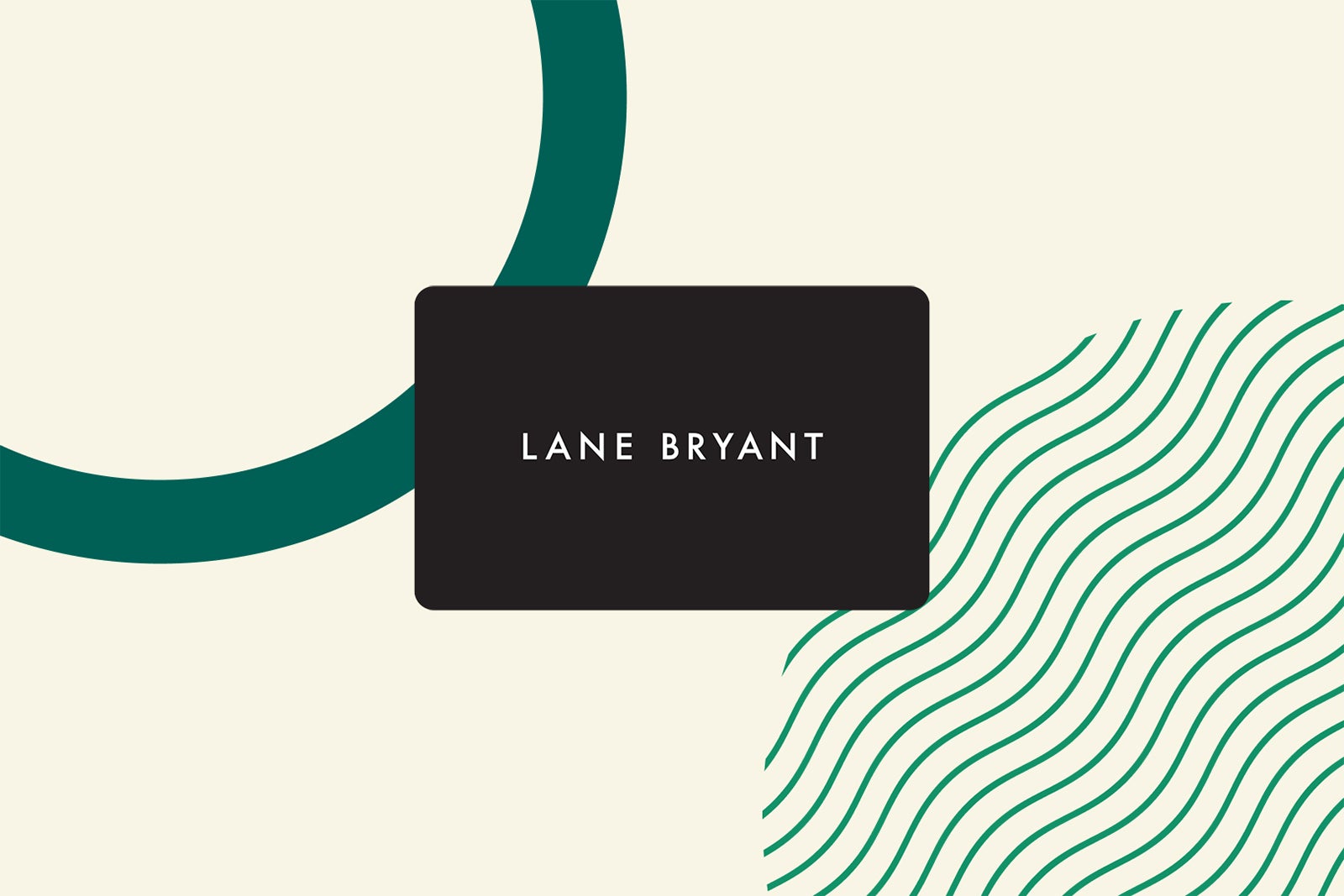Lane Bryant Credit Card overview
The Lane Bryant Credit Card is yet another store-issued credit card that offers a modicum of value for brand loyalists and not much else. It features some decent rewards for those who spend a lot at Lane Bryant but extremely limited value for everyone else. Card rating*: ⭐⭐
*Card rating is based on the opinion of TPG’s editors and is not influenced by the card issuer.
The Lane Bryant card has no annual fee, and TPG recommends a credit score of 670 or higher for the best chance of approval.
You’ll also want to remember that this card can only be used at Lane Bryant-branded locations — meaning Lane Bryant stores, lanebryant.com and Cacique.
Let’s break down this card’s perks and benefits to help you decide if it’s a good fit for you.
The information for the Lane Bryant Credit Card has been collected independently by The Points Guy. The card details on this page have not been reviewed or provided by the card issuer.
Lane Bryant Credit Card pros and cons
| Pros | Cons |
|
|
Related: How to choose a cash-back credit card
Lane Bryant Credit Card welcome offer
The welcome offer on the Lane Bryant card is rather uninspiring: You’ll get $20 off your first purchase when you open and use your Lane Bryant card on the same day.

Even aside from its paltry value, this offer is restrictive. You’ll have to use your new card on the same day to qualify for your $20 reward.
Still, many store cards don’t offer a welcome bonus, so the Lane Bryant card is a little ahead here in comparison.
Related: This month’s best welcome offers
Lane Bryant Credit Card benefits
If you have this card alongside a Lane Rewards membership, you can earn a few perks that offer some value for Lane Bryant loyalists.

You’ll get a $10 reward for every 3,000 points you accumulate (more on earning points later). You’ll also enjoy an extended window for returns, a special birthday reward offer and free standard shipping on qualifying online purchases of $75 or more.
That’s not a long list of perks, but since this card has no annual fee, it can add a bit of value to your next Lane Bryant trip. It’s worth noting, however, that you can get most of these perks through a Lane Rewards membership on its own, so the Lane Bryant card isn’t making a compelling case for itself here.
Related: Credit card perks and benefits you should be using
Earning points on the Lane Bryant Credit Card
As mentioned, this card is tied to your Lane Rewards membership, meaning you’ll have to have one to earn and redeem rewards. All Lane Bryant cardholders earn an extra 5 points per dollar spent on top of their tiered rewards. Here’s how the rewards system breaks down:
| Lane Rewards status | Annual spending requirement | Rewards earned |
| Silver | $0 | 15 points per dollar |
| Gold | $350 | 20 points per dollar |
| Platinum | $800 | 25 points per dollar |
You must use your Lane Bryant card to make all of your purchases to earn maximum points per dollar spent.
A baseline of 15 points per dollar on your purchases might sound lucrative, but as you’ll see, it’s more difficult than you might want it to be to squeeze value out of those rewards.
Related: Maximize your earnings this year
Redeeming points on the Lane Bryant Credit Card
For every 3,000 points earned on the Lane Bryant card, you’ll get $10 back in rewards. Therefore, points earned on this card are worth a paltry 0.3 cents apiece. Of course, cardholders can only redeem their rewards at Lane Bryant locations.
That means Lane Rewards Silver members will essentially earn around 4.5% back on their purchases, Lane Rewards Gold members 6% back and Lane Rewards Platinum members 7.5% back.

Those rewards rates look nice on paper, but unless you spend a lot with Lane Bryant every year, you’re better off with a general cash-back or travel rewards card.
Related: What is a rewards credit card, and how does it work?
Which cards compete with the Lane Bryant Credit Card?
You should consider a different card if you don’t spend frequently and exorbitantly at Lane Bryant. Here are three options to consider:
- If you want solid earnings on all your purchases: The Citi Double Cash® Card (see rates and fees) earns 2% back on all purchases (1% when you make a purchase and 1% when you pay it off). With it, you won’t have to worry about whether you’re shopping at the right place to get your best earnings. To learn more, check out our full review of the Citi Double Cash.
- If you spend lots at Amazon: The Prime Visa earns 5% back on Amazon, Whole Foods Market and Chase Travel℠ purchases; 2% back at restaurants, at gas stations, and on local transit and commuting (including ride-hailing); and 1% back on all other purchases. Prime Visa cardholders can also earn 10% or more on a rotating selection of items and categories on amazon.com. To learn more, check out our full review of the Prime Visa.
- If you want to earn 5% at multiple merchants: The Chase Freedom Flex® earns 5% back on quarterly rotating categories, such as grocery stores, gyms and even Target, giving you a wider range of opportunities to maximize your cash back (on up to $1,500 in combined purchases each quarter you activate). It also earns 5% back on Chase Travel, 3% back on dining and drugstore purchases, and 1% on all other purchases. To learn more, check out our full review of the Chase Freedom Flex.
For additional options, check out our full list of the best store credit cards and best cash-back cards.
Related: Store vs. cash-back cards: Which one should I get?
Is the Lane Bryant Credit Card worth it?
The Lane Bryant Credit Card offers some decent earning rates for Lane Bryant loyalists, but if that isn’t you, you’re better off with a general cash-back or travel rewards card. On the other hand, if you’re planning a Lane Bryant shopping spree or two and want to earn some brand-specific rewards for no annual fee, it might be worth checking out.
Related: How to choose the best credit card for you
Bottom line
The Lane Bryant card is a strong option for regular Lane Bryant shoppers who want a simple escalating rewards structure. But given its limited earning and redemption potential, you’re almost always better off opening a general no-annual-fee cash-back or travel card instead.
Related: Why store credit cards are (almost) always a bad idea




